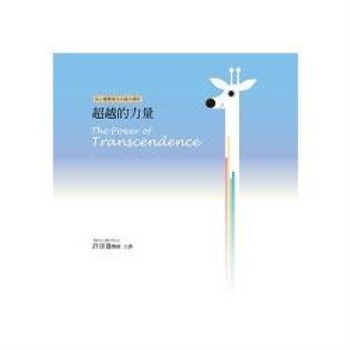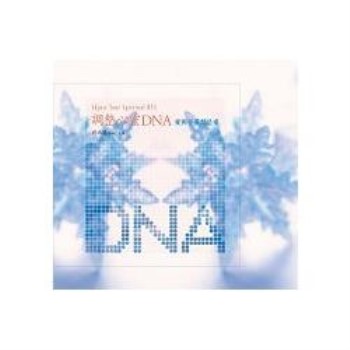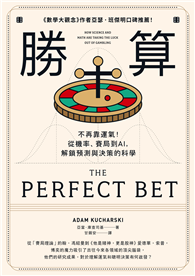Twentieth Century Christian Responses to Religious Pluralism begins with the recognition that the traditional three-fold typology adopted by Christians in responding to other living world religions is no longer adequate and offers a much more sophisticated and developed approach. This is accomplished with particular reference to ten key Twentieth Century theologians, each of whom had significant influence in the field of inter-religious studies, both during their lifetime and beyond. The author rejects the exclusivism and triumphalism of traditional Christian approaches and argues strongly and persuasively that the future for inter-religious relationships lies in what he describes as 'classical pluralism', and in an understanding of the importance of difference for inter-faith dialogue. Presenting an accessible introduction to the contemporary issues and challenges facing all those engaged in the further development of inter-faith relationships, dialogue and partnership between the world religions, Pitman argues that the future of world peace and prosperity depends on the outcome.
| FindBook |
有 1 項符合
Twentieth Century Christian Responses to Religious Pluralism: Difference Is Everything的圖書 |
 |
Twentieth Century Christian Responses to Religious Pluralism: Difference Is Everything 作者:Pitman 出版社:Routledge 出版日期:2014-05-30 語言:英文 規格:精裝 / 246頁 / 23.4 x 15.5 x 1.5 cm / 普通級 |
| 圖書館借閱 |
| 國家圖書館 | 全國圖書書目資訊網 | 國立公共資訊圖書館 | 電子書服務平台 | MetaCat 跨館整合查詢 |
| 臺北市立圖書館 | 新北市立圖書館 | 基隆市公共圖書館 | 桃園市立圖書館 | 新竹縣公共圖書館 |
| 苗栗縣立圖書館 | 臺中市立圖書館 | 彰化縣公共圖書館 | 南投縣文化局 | 雲林縣公共圖書館 |
| 嘉義縣圖書館 | 臺南市立圖書館 | 高雄市立圖書館 | 屏東縣公共圖書館 | 宜蘭縣公共圖書館 |
| 花蓮縣文化局 | 臺東縣文化處 |
|
|
圖書介紹 - 資料來源:博客來 評分:
圖書名稱:Twentieth Century Christian Responses to Religious Pluralism: Difference Is Everything
內容簡介
作者簡介
David Pitman began his professional life as a teacher before entering the ordained ministry. He served in a number of parish appointments, spent time with the Methodist Church in Fiji, and for fourteen years taught Ministry and Mission as a member of the Faculty of Trinity Theological College in Brisbane, Australia. He was twice elected to be the Moderator of the Queensland Synod of the Uniting Church in Australia. In his retirement he continues to serve the Uniting Church in various capacities and is an Honorary Research Fellow at the University of Queensland.
|











